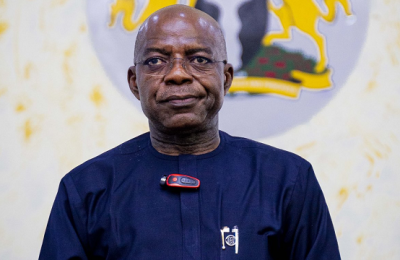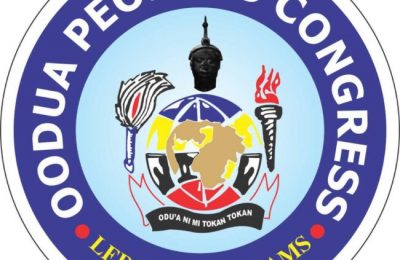
Major General Zamani Lekwot, the retired army general at the center of the Zango Kataf crisis in Kaduna State 32 years ago, has expressed his concerns over the secrecy surrounding the Tribunal judgment, calling it a mockery of Nigeria’s judicial system.
Speaking at the launch of the book “Judicial Terrorism in the Zango Kataf Riot Mock Trials” held at the Nigerian Army Resource Centre in Abuja, Lekwot revealed the ongoing lack of transparency. In a statement he personally signed and shared with the media on Wednesday night, he noted that when the Supreme Court demanded the Tribunal’s judgment, no one was willing to provide it, forcing the court to strike out the case. He further pointed out that during the Oputa Panel, the judgment records were similarly withheld.

The former military governor of Rivers State recounted the events surrounding the Zango Kataf crisis. He said, “On 6th February 1992, a riot broke out in Zangon Kataf market, on the outskirts of the town, causing six deaths and destruction of property. Consequently, the government set up a commission of inquiry to investigate the cause and recommend a permanent solution to the problem.”
However, he continued, “When the Commission concluded its work, we were all waiting for the report when, on 9th May 1992, an Islamic group in Zangon Kataf petitioned His Highness, the late Sultan of Sokoto, Alhaji Ibrahim Dasuki, urging him to address the issue of the Muslims who had died in the market riot. The petition warned that if nothing was done, ‘the Nigerian Jihad would start from Zangon Kataf’ because, according to Islamic belief, a Muslim who is killed or kills in the process goes to heaven.”
Copies of the petition were sent to various officials, including the then-Governor of Kaduna State, Alhaji Dabo Lere, the Emir of Zaria, and several other northern Emirs and security agencies.
Lekwot then described the subsequent events: “On Friday, 15th May 1992, the authors of the petition attacked Afabwang village, the closest Atyap village, causing mayhem. This news spread quickly, and the community became emotionally charged, leading to a clash that resulted in further loss of life and property.”
ALSO READ: FBN Holdings set to exceed recapitalisation requirement
Rather than conducting a thorough investigation, 61 individuals, including chiefs, senior pastors, and other prominent citizens, were arrested and imprisoned. Lekwot claimed that this was ordered from Aso Rock, following a surprise visit by General Ibrahim Babangida to Zangon Kataf on 26th May 1992. Babangida reportedly wept and declared the perpetrators of the destruction guilty, which set the narrative for the persecution of the Atyap people. Lekwot added, “No Hausa/Fulani man, who started it all, was arrested.”
Reflecting on the two trials he faced, Lekwot explained the charges in the first trial: “The first trial consisted of four charges, including Unlawful Assembly, Rioting, Rioting while being armed with weapons, and Disturbing the public peace. The prosecution called 12 witnesses, while the defense called 9. However, since the case was a charade without substance, the Attorney General of the Federation applied a Nolle Prosequi, and we were discharged but not acquitted.”
Despite this, Lekwot said, “Immediately thereafter, we were re-arrested and returned to Kaduna prison on the orders of the Tribunal Chairman.”
In the second trial, Lekwot noted that “18 fresh charges were added to the original four, without lifting the Nolle Prosequi, which was very bizarre.” He further stated, “Our lawyers went to a Kaduna High Court seeking leave to enforce our fundamental rights. Shamelessly, however, Aso Rock shocked everyone by confirming that the tribunal was on a mission to deliver us to the gallows when, on 3rd December 1992, Decree No. 55 was promulgated, sealing our fate by barring us from appeal.”
The retired general added, “In protest, our lawyers withdrew from the case, and our request to hire another defense team was refused by the Tribunal Chairman, who claimed only Abuja could grant it.”
Lekwot condemned the injustice: “Consequently, we were sentenced to death by hanging without a fair hearing based on the prosecution’s false charges, which our defense team had discredited to the Tribunal’s chagrin. What a travesty of justice in a country that is supposed to be the hope of the black race.”
When the case finally reached the Supreme Court, Lekwot said, “The case was struck out because of Aso Rock’s refusal to release the judgment record. The same thing happened during the Oputa Panel sittings, when the judgment record was demanded but never provided.”
Lekwot concluded, “Following a serious public outcry against this gross injustice, our sentences were eventually commuted to five years’ imprisonment.”







